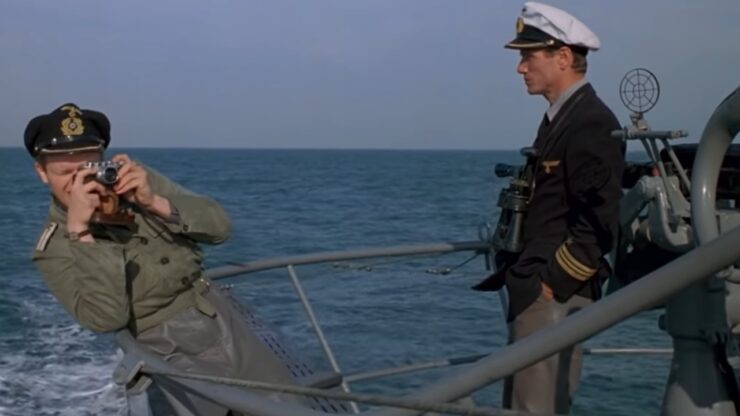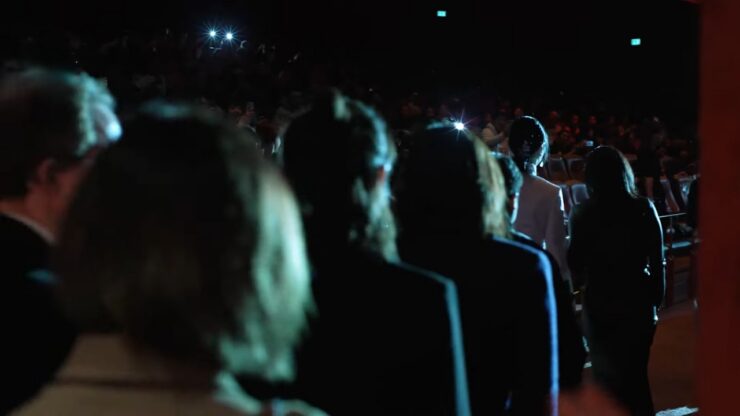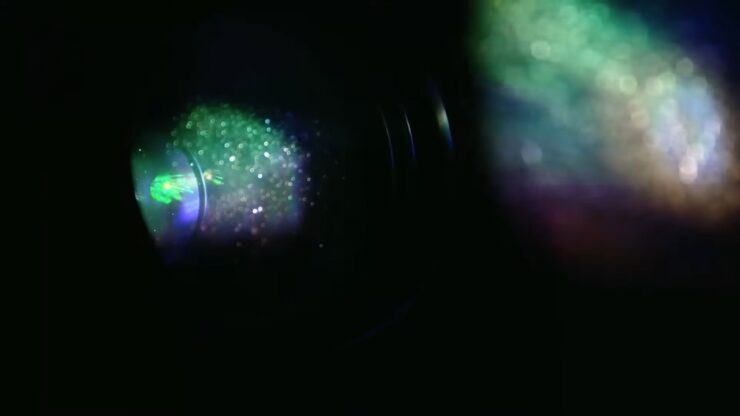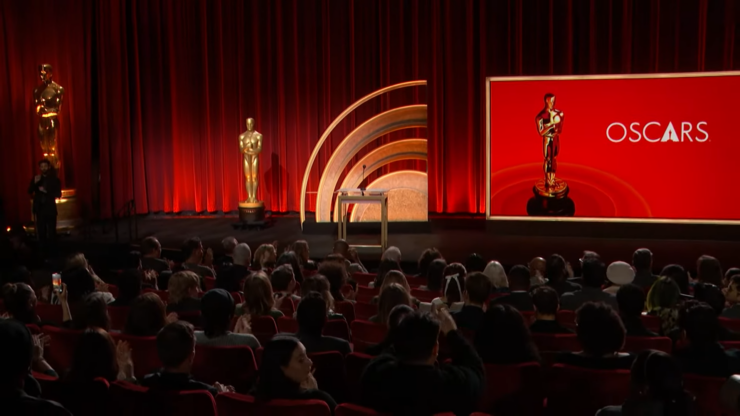Germany has a rich cinematic history, marked by groundbreaking films and exceptional talents that have been recognized at the highest level: The Academy Awards. From the silent film era to contemporary masterpieces, German cinema has consistently demonstrated artistic depth and innovation.
This article explores the best German films and actors who have earned the prestigious Oscar, delving into their significance and the impact they had on the world of cinema.
A Legacy in Motion: Early German Cinema
The roots of German cinema’s success at the Oscars can be traced back to the early 20th century. This period was marked by the rise of German Expressionism, a movement that significantly influenced cinema worldwide.
Films like “The Cabinet of Dr. Caligari” and “Metropolis,” although not Oscar winners, set the stage for the country’s future cinematic achievements. Their bold visual style and thematic depth left a lasting imprint on filmmakers globally. Learn more about Deutsche filme oscar.
World War II Era: Challenging Times, Powerful Films
The World War II era brought profound challenges to cinema. Yet, it was during these turbulent times that some of the most impactful films emerged. One such film is “Judgment at Nuremberg” (1961), a profound examination of the post-war trials.
Maximilian Schell, a Swiss actor of Austrian descent who worked predominantly in Germany, won Best Actor for his role, highlighting the complex ethical questions the world faced after the war.
New German Cinema: A Revival of Artistic Freedom
The 1960s and 1970s marked the rise of New German Cinema, a movement that revitalized the film industry. Directors like Rainer Werner Fassbinder, Wim Wenders, and Werner Herzog pushed the boundaries of storytelling, creating films that were deeply personal yet universally relatable.
However, it was Volker Schlöndorff’s “The Tin Drum” (1979), a film adaptation of Günter Grass’s novel, that won the Oscar for Best Foreign Language Film, showcasing the unique narrative style of cinema.
The 1980s: Germany on the Global Stage

The 1980s saw German cinema gaining more prominence internationally. “Das Boot” (1981), directed by Wolfgang Petersen, received six Oscar nominations, although it didn’t win. This film, set during World War II aboard a German U-boat, was lauded for its intense, claustrophobic atmosphere and technical brilliance, illustrating the versatility of filmmaking.
Breaking the Wall: Cinema in a Reunified Germany
The fall of the Berlin Wall in 1989 and the subsequent reunification of Germany opened new avenues for storytellers. Films such as “Good Bye Lenin!” (2003) captured the complex emotions of this period. While not an Oscar winner, its critical acclaim underscored the global relevance of cinema in portraying historical transitions.
The New Millennium: A Blend of the Past and Present
In the new millennium, their cinema continued to blend historical themes with contemporary issues. Florian Henckel von Donnersmarck’s “The Lives of Others” (2006) won the Academy Award for Best Foreign Language Film.
This poignant story, set in East Germany during the Cold War, delved into the lives affected by the state’s surveillance, highlighting the enduring power of human connection against the backdrop of political oppression.
Acting Excellence: German Actors in Hollywood
Their actors have also made significant strides in Hollywood, earning acclaim and Oscars. Christoph Waltz’s performances in “Inglourious Basterds” (2009) and “Django Unchained” (2012) won him two Oscars, showcasing his versatility and depth as an actor. His ability to portray complex characters with finesse brought a new level of recognition to German acting talent in international cinema.
Contemporary Masterpieces: Pushing Boundaries
In recent years, their films have continued to push creative boundaries. “Toni Erdmann” (2016), though not an Oscar winner, was widely celebrated for its unique blend of humor and poignant commentary on modern life. Its nomination for Best Foreign Language Film was a testament to the film’s originality and the evolving nature of their cinema.
German Films Tackling Contemporary Issues
Contemporary German films are increasingly tackling pressing global issues, from environmental crises to social and political upheaval. These films not only reflect the concerns of modern society but also offer insightful perspectives on possible solutions. They contribute to important global conversations, highlighting the role of cinema as a medium for raising awareness and fostering dialogue.
The Influence of German Film Festivals

The prominence of German films and actors in international cinema is also bolstered by the country’s vibrant film festival scene. The Berlin International Film Festival, also known as the Berlinale, is one of the most prestigious in the world. It serves as a platform for showcasing new talents and works from Germany, often providing the springboard for Oscar nominations and wins.
The Evolution of German Film Style and Techniques
German cinema is not only known for its powerful storytelling but also for its innovative film techniques and styles. From the expressionist sets of the early 20th century to the modern-day use of digital cinematography, German filmmakers have consistently pushed the boundaries of the medium. This willingness to experiment and evolve has kept German cinema at the forefront of artistic and technical innovation.
The Impact of German Cinema on International Film
The legacy of German cinema is evident in its profound impact on filmmakers worldwide. The stylistic elements of German Expressionism, the introspective narratives of New German Cinema, and the bold storytelling of contemporary filmmakers have influenced directors across the globe. German cinema’s contribution to the language of film is both significant and enduring.
A Look to the Future: Emerging Talents and New Directions

As German cinema continues to evolve, it is paving the way for new voices and perspectives. Emerging filmmakers are experimenting with genres, storytelling techniques, and new media, ensuring that German cinema remains at the cutting edge of the film industry. Their work promises to keep the tradition of innovative and impactful filmmaking alive, fostering a cinematic landscape that is as diverse as it is dynamic.
End Note
In summary, the story of German films and actors at the Academy Awards is one of enduring excellence and constant evolution. From its early expressionist roots to the diverse narratives of today, German cinema has continually redefined itself, capturing the imaginations of audiences worldwide. As it moves forward, it stands as a beacon of artistic innovation and a testament to the universal power of film.
Moreover, Hollywood’s 15 greatest gambling movies ever made highlight the thematic depth and complexity that cinema as an art form can explore, showcasing yet another facet of its boundless creativity.

